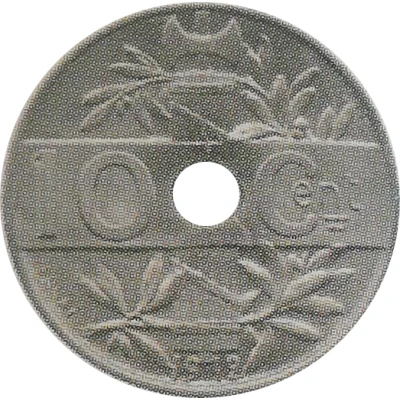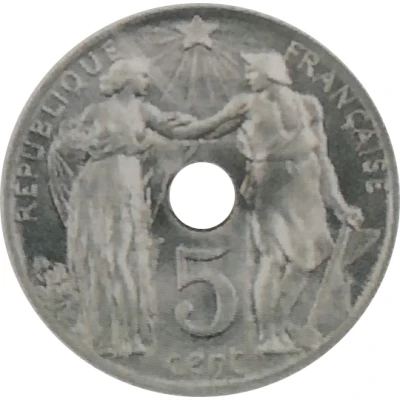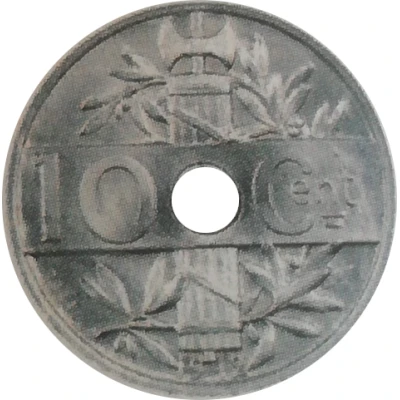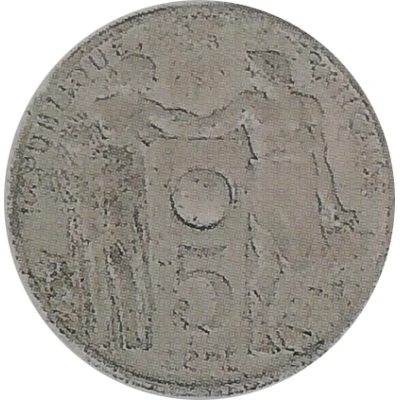
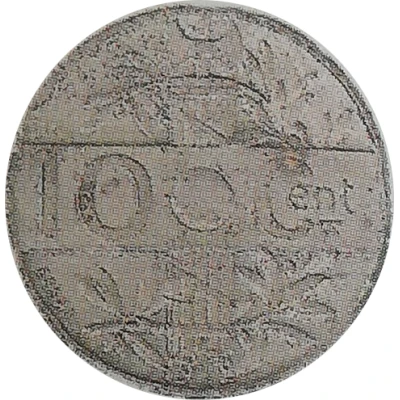

© Éditions V. Gadoury
5-10 centimes Essai hybride en étain de Varenne ND
1912 year| Tin | 4.5 g | 21 mm |
| Issuer | France |
|---|---|
| Period | Third Republic (1870-1940) |
| Type | Pattern |
| Year | 1912 |
| Value | 10 Centimes (0.10) |
| Currency | Franc (1795-1959) |
| Composition | Tin |
| Weight | 4.5 g |
| Diameter | 21 mm |
| Shape | Round |
| Technique | Milled |
| Orientation | Coin alignment ↑↓ |
| Demonetized | Yes |
| Updated | 2024-10-04 |
| Numista | N#201383 |
|---|---|
| Rarity index | 100% |
Reverse
Script: Latin
Lettering:
10 // Cent
ESSAI
Engraver: Henri Varenne
Edge
Plain
Comment
Unperforated blank. The word "ESSAI" on the left against the scroll.Interesting fact
One interesting fact about the Pattern 5-10 centimes (Essai hybride en étain de Varenne) ND (1912) from France made of Tin weighing 4.5 g is that it was designed by French artist and engraver, Louis-Oscar Roty. Roty was known for his work on various French coins and banknotes, and his design for this coin features a unique blend of traditional French motifs and modernist elements. The coin's obverse features a stylized portrait of a woman representing France, while the reverse features a intricate design of interlocking hexagons and stars. The use of tin as the material for the coin was also a unique choice, as most coins of the time were made of more traditional metals like copper, silver, or gold. Overall, the Pattern 5-10 centimes (Essai hybride en étain de Varenne) ND (1912) is a fascinating piece of numismatic history that showcases Roty's innovative design and the experimental use of materials in coin production.

